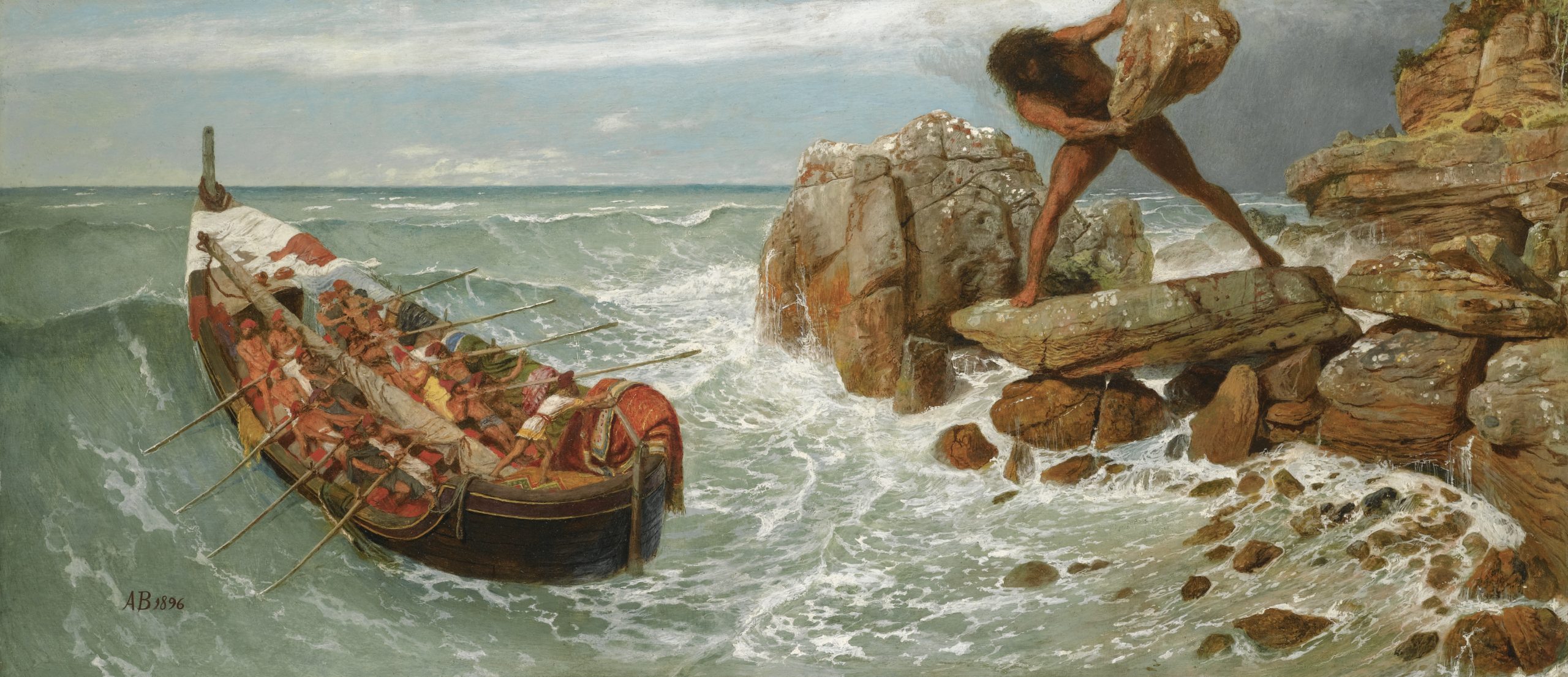JULY 14, 2022 – As a college freshman, I took a “gov” class. Elsewhere it was known as “political science,” but for reasons unclear to me then and now, “poli-sci” was “gov” at the Maine alma mater of such luminaries as Franklin Pierce, who, in case you forgot, became POTUS, and Melville Fuller, who was probably unknown to you in the first place but became Chief Justice of SCOTUS. I’ve forgotten much about the “gov” class except the ridiculous, end-of-semester assignment to build a research bibliography of 50 primary/50 secondary sources supporting an obtuse thesis. “Morgan” taught the class, and when he talked, he was smarter than he needed to be.
Students sounding smarter than they needed to be majored in “gov” and took several classes from “Big Man Morgan.” I wound up majoring in Classics because the profs—every bit as smart as Morgan—were far more accessible and easy-going, and once you had the Greek alphabet down, you were off to the (Olympian) races. Moreover, the Classics profs lived a version of the Classic ideal. How would a person live a “gov ideal”? I also double-majored in history, which had fascinated me from the time I was a kid rifling through my dad’s collection of American Heritage books and magazines.
In these Times of Tumultuous Politics, I think about “gov” a lot. I wonder how Professor Morgan—or for that matter, my (Republican) Classics profs and my favorite leftwing history prof (who loved Bach)—would’ve thought of . . . “CRAZY.” More precisely, what would they have thought about the study of “gov”? Doubtless they’d open the highest window of Hubbard Hall and toss their thoughts to the wind.
In other words, we’re deep into “post-theory” land, where all concepts propounded and explicated by political scientists are out the window. “Left, center, right” have morphed into “loony, crazy, and dangerous.” Now we call it “normal” and far less interesting than the price of Texas crude and Mexican produce.
We’ve already adapted to “crazy,” as humanity has ever since we dropped from the trees. Through thick and thin; bombs and bullets; flood, fire, and famine; and . . . gas at five clams a gallon and lettuce at five bucks a head, we’ll devise ways to survive and govern ourselves—for better or worse. Our species—ever resilient—will avoid extinction—until the next wily asteroid knocks earth off course (no political theory applicable). Until then, many of us will even thrive, though that won’t console the millions who won’t because billions haven’t heeded canaries in the . . . coal mines.
The fact remains that since societies first took shape, societal ships have rarely sailed on an even keel. Skippers and deckhands have constantly adjusted for currents, waves and weather. The boat that rests on an even keel is a boat that’s dead in the water.
We can chart a course from war-torn Troy to Ithaca, but like Odysseus, we’ll always encounter disruptive odds in a sea of theories.
That’s my theory, anyway.
(Remember to subscribe to this blog and receive notifications of new posts by email.)
© 2022 by Eric Nilsson
